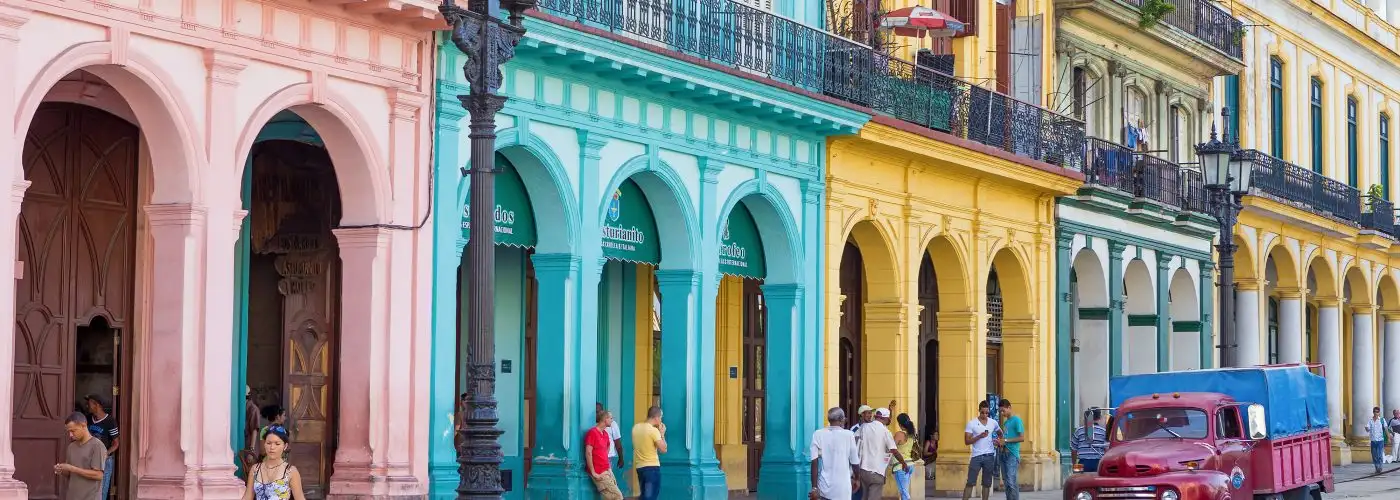It’s 5:00 a.m. at Miami International Airport as I file into Sun Country’s check-in line for my charter flight to Havana. Through my bleary, sleep-deprived eyes, I notice something striking. While I’m pulling a small roller-board suitcase, most other passengers are pushing large carts stacked high with shrink-wrapped plasma TVs, bicycles, and ottoman–sized wads of clothing. Their reasons for traveling to Cuba are different than mine: They come to see and assist family, and I to quell a curiosity that’s been building collectively in the U.S. since the trade embargo went into effect in 1960.
Yes, for U.S. citizens, legal travel to Cuba is now possible. However, you’ll face its complexities before you ever touch down in Havana. And while the rules continue to evolve as president Obama eases restrictions, here’s the latest on what you need to know for planning a trip (at least for the moment).
Image Gallery
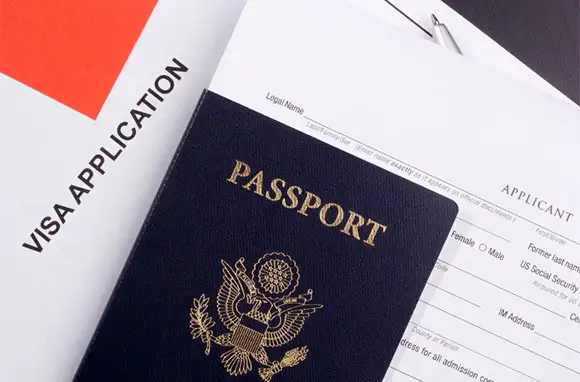
Visas and Categories
While the doors into Cuba are ajar and continue to open wider, there are still import regulations to heed. To go there, U.S. visitors must fall within the twelve approved categories—including family visits, educational activities, religious activities, and humanitarian projects—for Cuba travel. Travelers need to make trip arrangements through a provider that complies with the U.S. Treasury's Office of Foreign Assets Control (OFAC) regulations. And if you're tempted to go through a third country such as Canada or Mexico, make sure you still fit one of these categories. You can find the full list in the White House's FACT SHEET: Charting a New Course on Cuba.

Visas and Categories
While the doors into Cuba are ajar and continue to open wider, there are still import regulations to heed. To go there, U.S. visitors must fall within the twelve approved categories—including family visits, educational activities, religious activities, and humanitarian projects—for Cuba travel. Travelers need to make trip arrangements through a provider that complies with the U.S. Treasury's Office of Foreign Assets Control (OFAC) regulations. And if you're tempted to go through a third country such as Canada or Mexico, make sure you still fit one of these categories. You can find the full list in the White House's FACT SHEET: Charting a New Course on Cuba.
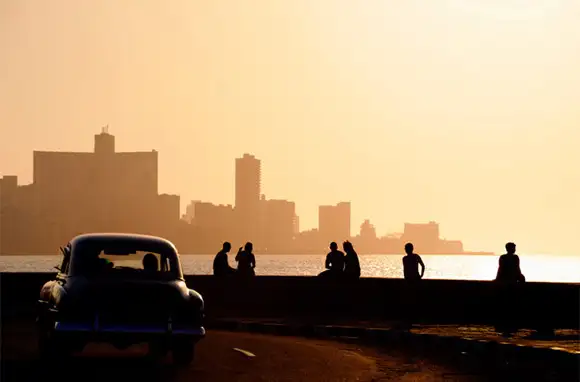
People-to-People Tours
Given the U.S.-imposed embargo, Cuba's relationship with Americans is different than with anyone else. While Canadians and other nationalities book beach vacations, most U.S. travelers go for history and cultural exchange. And although there's potential for independent travel, the easiest way to get there, apart from visiting relatives, is through organized people-to-people tours (trips focused on interactions with Cuban people) via a tour operator such as budget-friendly smarTours, whom I traveled with. Other companies with tours at varying price levels include Friendly Planet, Globus, and Tauck.
On my smartTours trip, we stayed busy, having lunches with a journalist and former pro baseball player, meeting with local artists and an architect, and serving as a guest audience for a host of musical performances. Each event included a Q & A session so that we could interact directly with our hosts and learn about their lives.
Related: Go Boldly: 6 Unique Cuba Tours
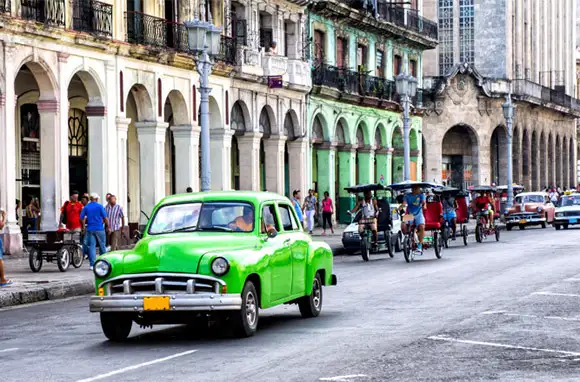
Independent Travel
While people-to-people programs are essentially theme-based group tours packaged with a charter flight, there are ways to get to Cuba on your own. However, you still have to follow the rules.
Vivian Mannerud, President/Owner of Airline Brokers Company, says, "All [tours] are available as independent. You must read the description of the category to ensure you comply." She recommends planning your trip with an established travel company like Airline Brokers, which will help you dot your Is and cross your Ts.
Booking independent travel in the conventional sense (that is, going online and booking your own airfare, etc.) is still difficult. According to Bob Guild, VP of Marazul Charters, "Individual tourist travel is still not allowed by the U.S., so, at least in the usual sense of an 'independent trip,' it is not possible legally to travel individually in this category." However, this could change in the near future as the rules continue to relax.
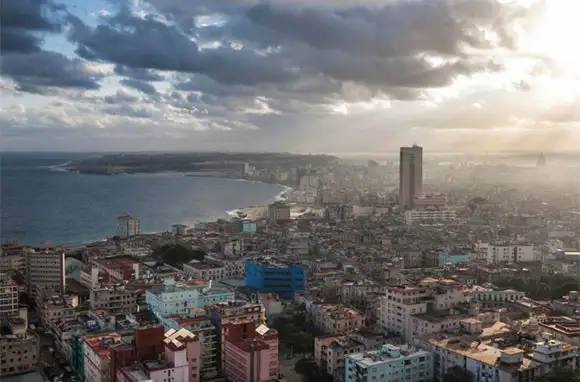
Getting to Cuba
Right now, to get to Cuba, you'll have to fly on a charter flight. As The Miami Herald's Cuba correspondent, Mimi Whitefield, explains, "There are no commercial flights to Cuba at this point. It's possible to travel via third countries such as Mexico or the Bahamas—but again only those who fall within the approved travel categories are supposed to be doing this. When you see an American Airlines plane or other U.S. airline on the tarmac in Cuba it's because it has been leased by a charter company."
Legally, major U.S. airlines can fly to Cuba, but there's yet to be a bilateral agreement between the countries. So even if you hear about airlines like JetBlue announcing flights to the island, it's still going to be a while before commercial flights become the norm. Guild says, "Regularly scheduled commercial flights from the U.S. are being negotiated now but we do not know when they will begin. Even after they start flying, I expect charter flights to supplement these flights as well."
Ferry service (for six companies) has been licensed by the U.S., but negotiations with Cuba are still underway.
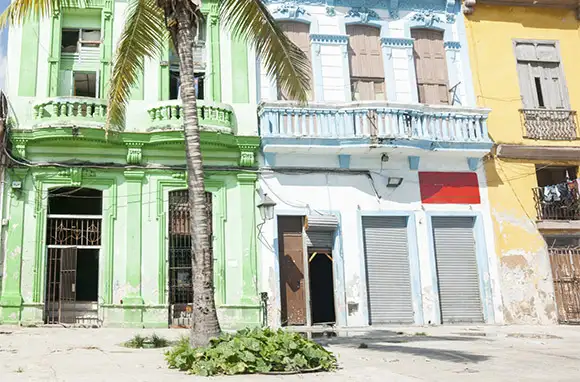
Lodging
If you're worried that Cuba is going to become the next Cancun now that the rules have been relaxed, you too can relax. Currently, there aren't enough hotels—especially in the higher-rate classes—on the island to accommodate such a large influx of travelers.
Guild says, "Cuba faces a challenge with the accommodations shortage as of now. There are very good four and five star hotels in Havana and at the beaches—but not enough. How soon older hotels are completely renovated and brought up to these levels, and completely new hotels are built, is a major question right now."
Nevertheless, alternative accommodations are on the rise. According to Whitefield, "The government estimates there are about 8,000 private rooms for rent in Cuba, and they help make up for the shortage of hotel rooms. They range from very simple accommodations to rooms in antique-filled mansions with private baths, and even recently renovated apartments." AirBnB has added offerings in Cuba as an alternative, and tour companies are including these properties in their options of places to stay.
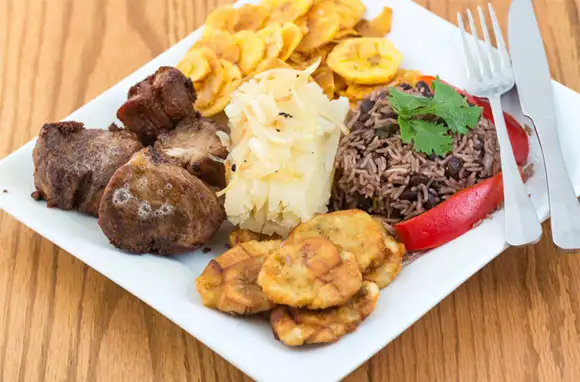
Restaurants
When dining out in Cuba, you have two choices: state-run restaurants and paladares, or private restaurants run by people who are self-employed. To help improve the economy, Cuba began allowing these small restaurants (often in people's homes) and they are growing at a rapid pace. Many visitors find the food and service at these often family-run establishments to be better in quality and the atmosphere to be more local. My tour included several homemade meals at paladares and our group gave them rave reviews.
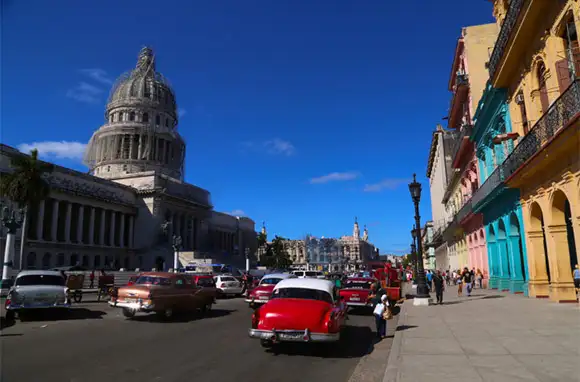
Credit Cards And Insurance
If you're headed to Cuba, get cash in advance, as you still can't use credit cards or ATM machines once there. I brought a few hundred dollars with me and then exchanged it into Cuban currency at my hotel a little at a time, as needed. (Note: Cuban money is a bit complicated since there are two official currencies. It's helpful to be able to recognize the two types.)
On March 1, Master Card said it would unlock cards, but so far, no banks have allowed it. However, now that Cuba has been officially dropped off the State Sponsors of Terrorism list, agreements between credit card companies and Cuban vendors will likely go more swiftly, although most banks will proceed with caution.
You do need medical insurance to travel to Cuba, and now it's included in the price of the charter flights. Guild expects that coverage will be offered by U.S. companies sometime over the next year.
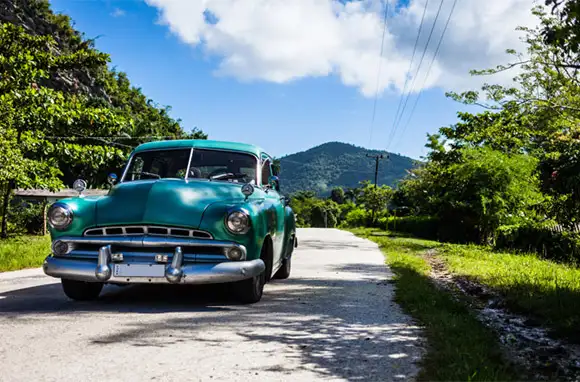
Internet and Cell Phones
In Cuba, your cell phones generally won't work (though I've heard you could try the local SIM card hack with unlocked phones), and Internet service is very limited and expensive. Your best bet is to forgo both entirely and enjoy some time off the grid. Or wait a while to go. The Cuban government is working to improve connectivity. Whitefield says that the government plans to roll out improved Wi-Fi connections at 35 public locations around the country. It also cut fees from $4.50 an hour to $2 per hour.

Cigars And Souvenirs
Fancy a Cuban cigar? If so, you're in luck. U.S. travelers are allowed to bring back $400 worth of goods, with no more than $100 of it going to tobacco products and alcohol combined. And yes, you can get your passport stamped, which I think is the best souvenir. Just be sure to ask when going through customs and immigration.
You Might Also Like:
We hand-pick everything we recommend and select items through testing and reviews. Some products are sent to us free of charge with no incentive to offer a favorable review. We offer our unbiased opinions and do not accept compensation to review products. All items are in stock and prices are accurate at the time of publication. If you buy something through our links, we may earn a commission.
Related
Top Fares From
Today's Top Travel Deals
Brought to you by ShermansTravel
Kenya: 14-Night Tour, Incl. Tanzania &...
smarTours
 vacation
$7125+
vacation
$7125+
7-Night Caribbean Round-Trip Cruise From Orlando:...
Norwegian Cruise Line
 cruise
$739+
cruise
$739+
Ohio: Daily Car Rentals from Cincinnati
85OFF.com
 Car Rental
$19+
Car Rental
$19+
